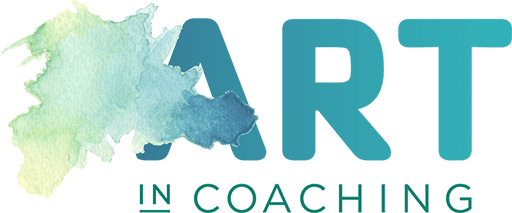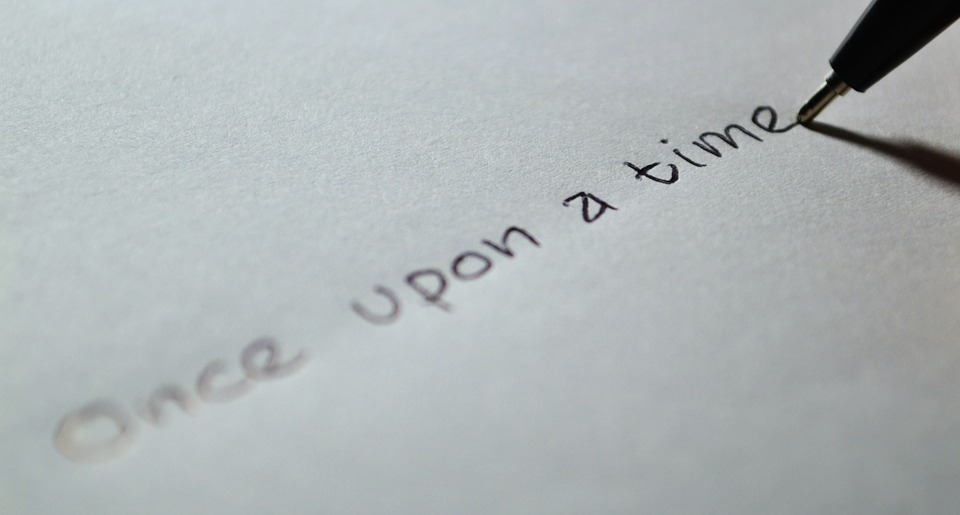Whenever we think of art we have an instinctive reaction to it. If we don’t see ourselves as artistic or creative we tend to think of it as something elitist or as something that children do. For many of us it is not something that has a place in our everyday world.
Society nearly always favours the analytical, logical way of working over the intuitive creative way of being. We are brought up this way through our parenting, education and work experiences and we may look at people who have been brought up in a more creative way as being outside the norm.
Our own perceptions determine our approach to creativity
Our own perceptions and pre-conceptions of ‘art’ will affect how we talk, think and use creativity in our lives. As coaches this means we may have already judged the concept of ‘art in coaching’ questioning its relevance and credibility as a serious approach.
In her book, ‘The New Drawing on the Right Side of The Brain’, Betty Edwards comments that most of us stop our creative development around the ages of 9 or 10. This means that when we draw we use ‘symbols’ from our child selves. These are left brain symbols that have been laid down early in our development. For example, if we draw a house, a cat or a person, our drawings can still have a child like quality to them.
How we define art and perceive art making as adults has a great deal to with our experiences as children. Most of us will recall a bad memory that may have spelled the end of our creativity. However, we will also recall some really happy memories. I always remember sitting at the table getting paint and paper out to paint an elephant from memory or building cardboard 3D games with my brother. You may have got involved in creating some of the Blue Peter activities, making something wonderful for a grandparent that they treasured. You may remember great joy spending hours colouring in.
Bad memories tend to come to fore first and as such colour our confidence and perception of creativity. We put away our pens, paper, paint and pencils fearing that we will fail or be ridiculed in some way, thinking we are not at all creative.
To be open to art in coaching we need to reflect on our art story – what’s yours?
To be open to art in coaching we need to reflect on our own art story and notice how this may be effecting our approach to creativity and its importance as an approach that adds value to our coaching.
Take a moment to reflect on your own art story.
- What were you told about your own creativity?
- What stories were you told about art and its place in the everyday world?
- How were artists and creative people perceived by those around you?
- What is your own art history and story, and how has it shaped your perception of your own creativity?
- How does it affect your approach to using art in coaching?


